Netflix Start-up Analysis: Stakeholders, Values, and Market Change
VerifiedAdded on 2022/10/07
|8
|522
|30
Presentation
AI Summary
This presentation provides an analysis of Netflix as a start-up company, addressing key aspects of its business model and strategic approach. It begins by identifying and discussing the key stakeholders involved, including employees, customers, and investors, and examines how their actions influence the start-up's success. The presentation then outlines the core values essential for Netflix to foster a culture of continuous change, such as innovation, transparency, and customer satisfaction, explaining how these values contribute to adapting to market dynamics. Furthermore, it identifies a potential market change that could negatively impact the company and proposes a creative solution to mitigate this risk, justifying the effectiveness of the proposed solution. The analysis is supported by references to academic and professional sources, providing a comprehensive overview of Netflix's journey and strategies.
1 out of 8
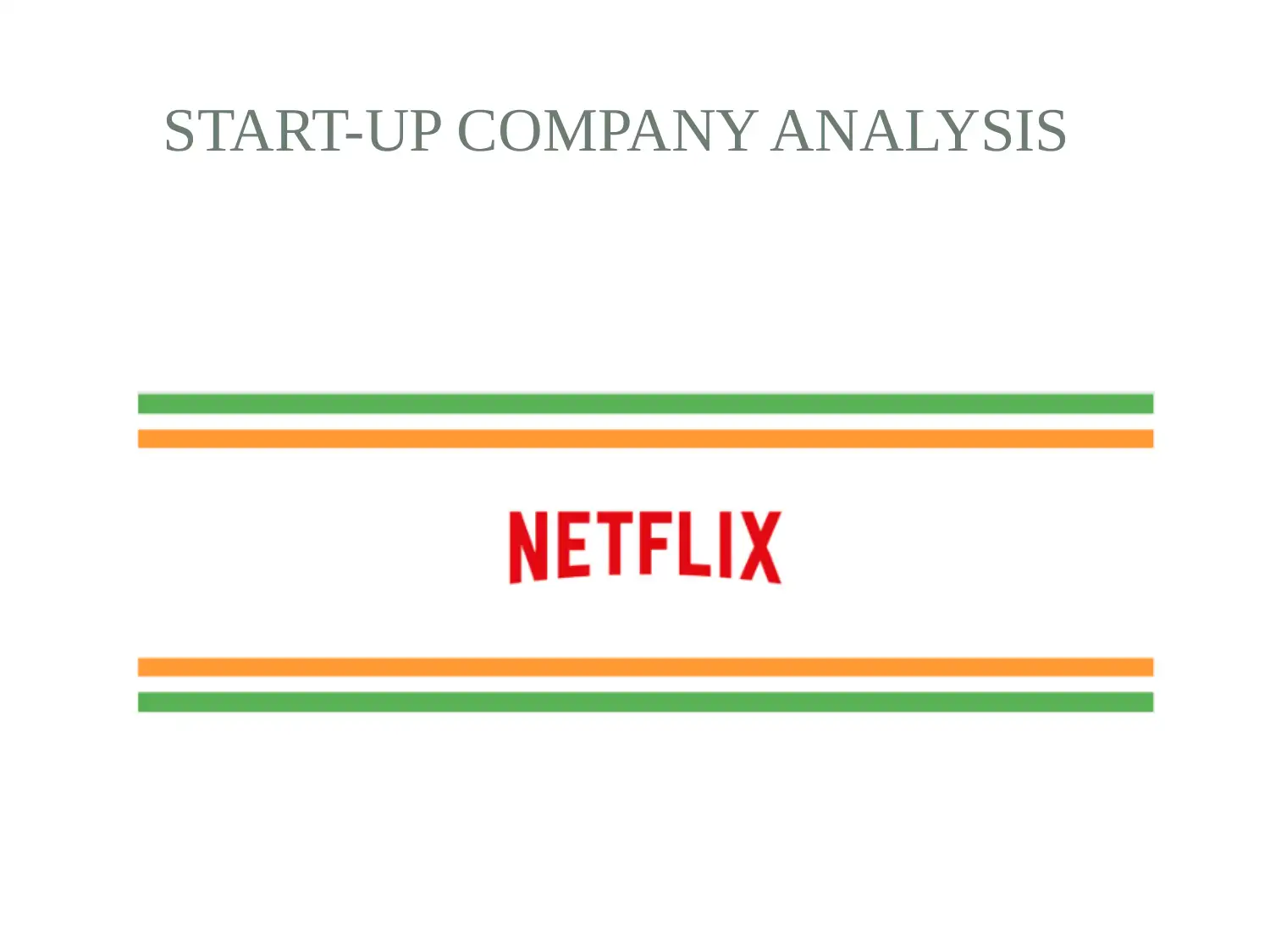
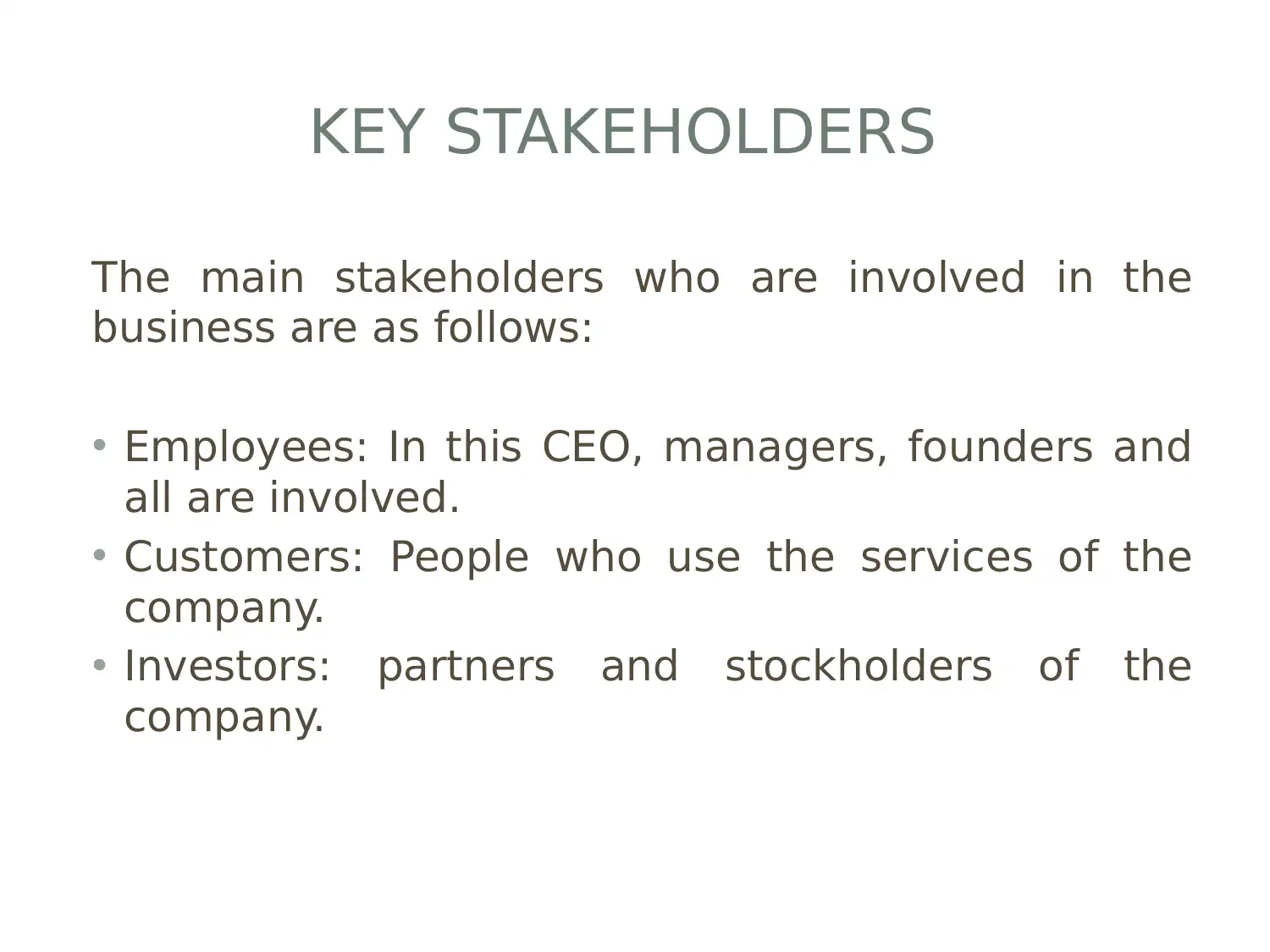
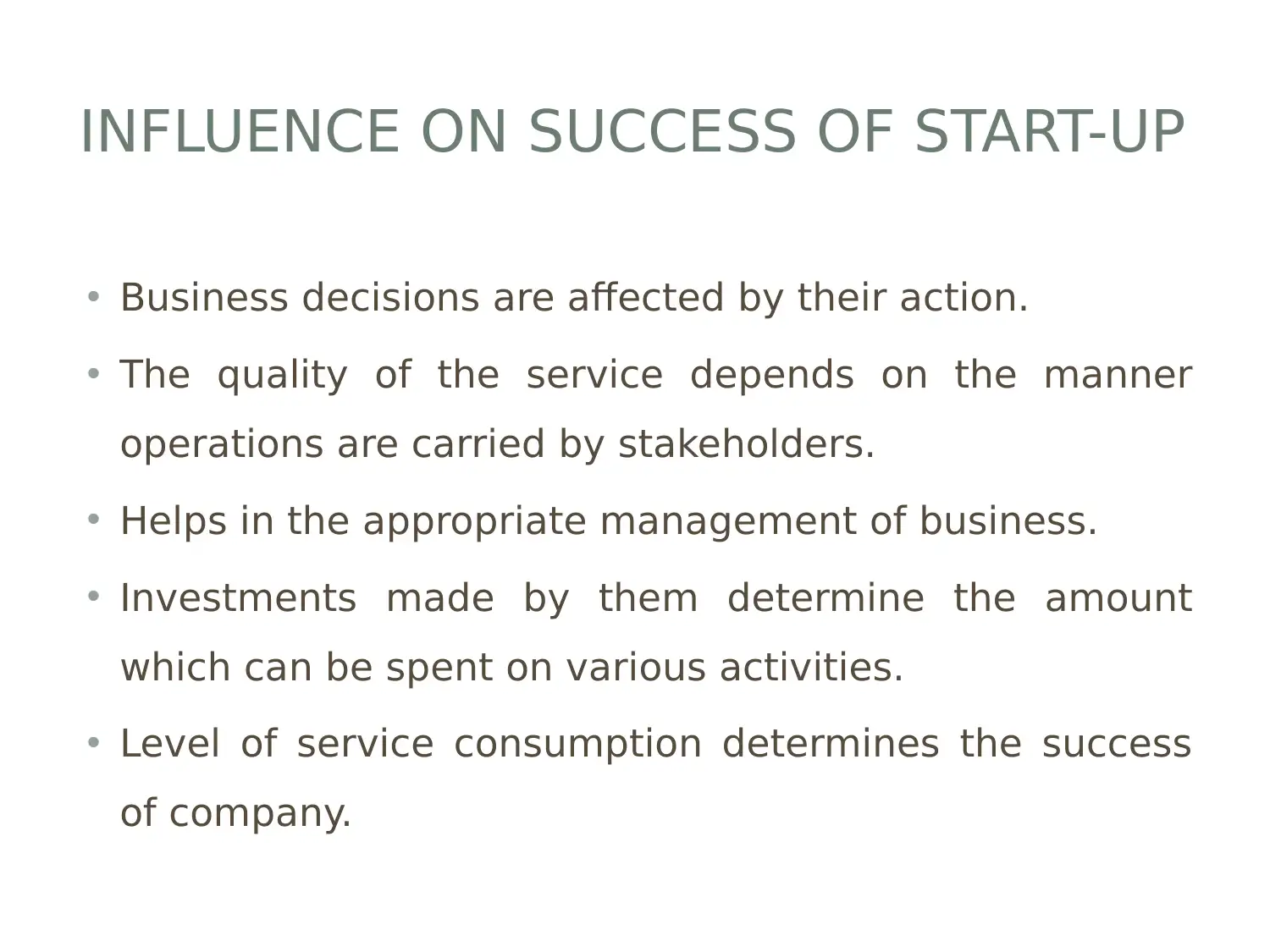

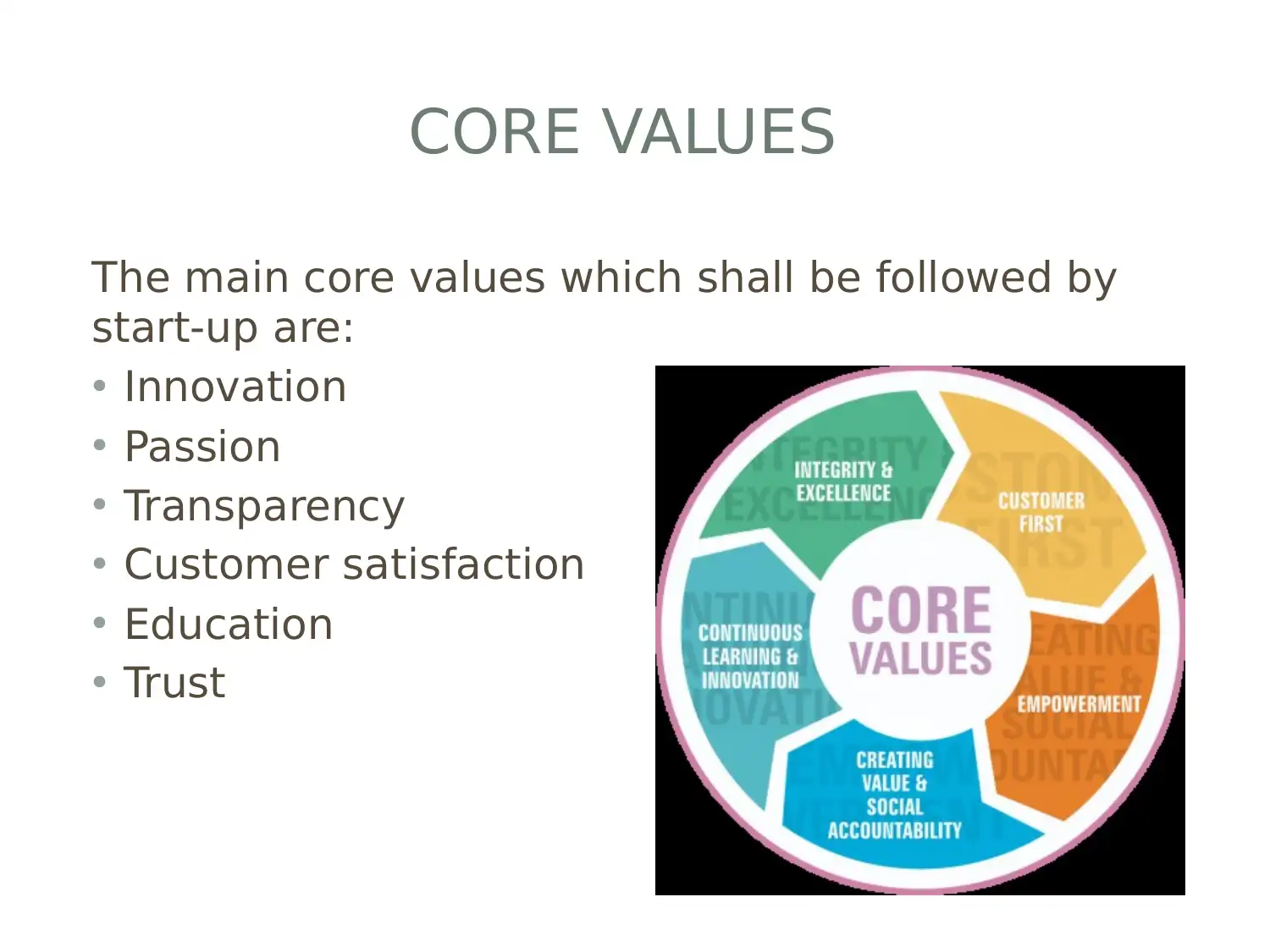
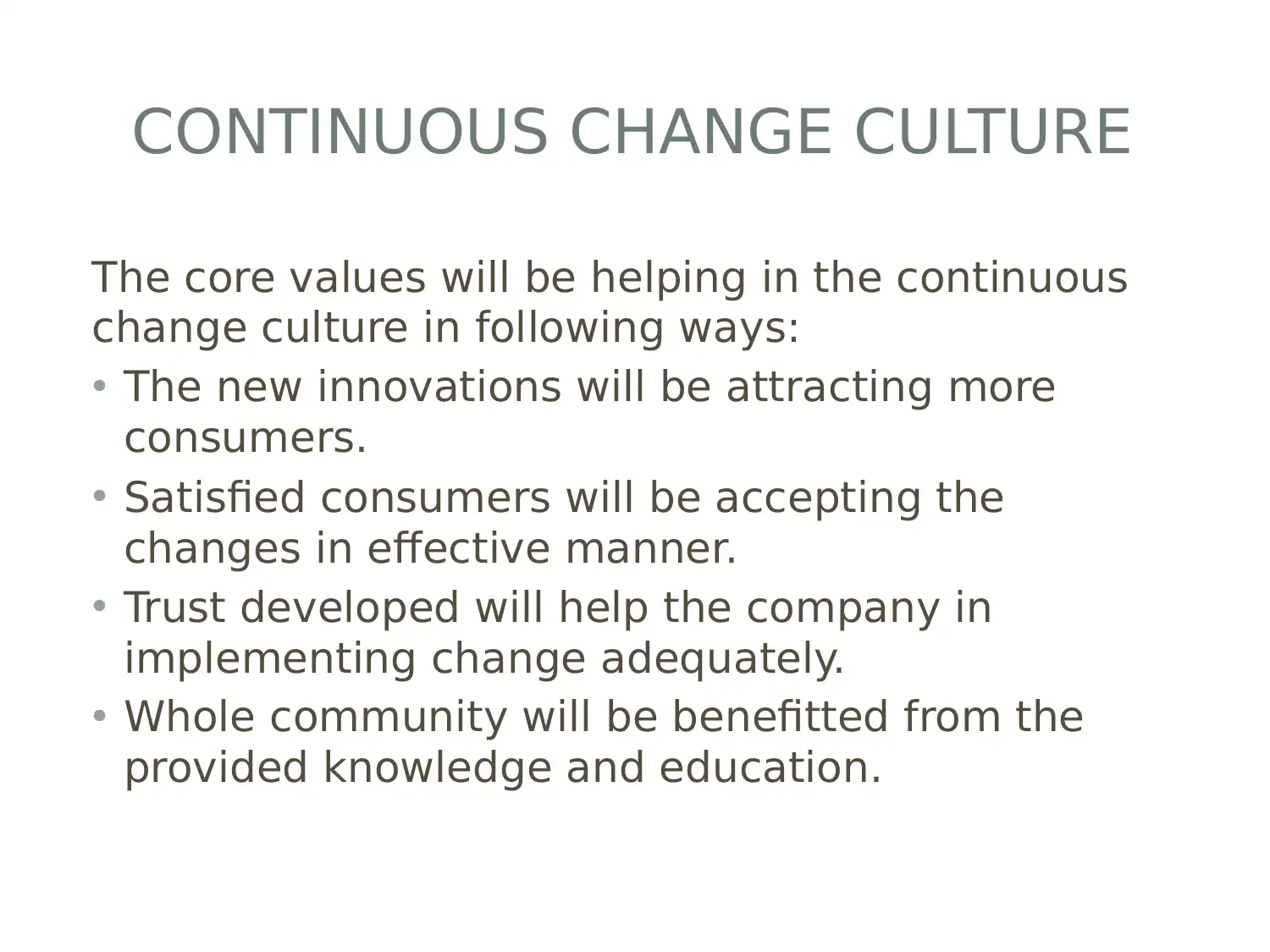
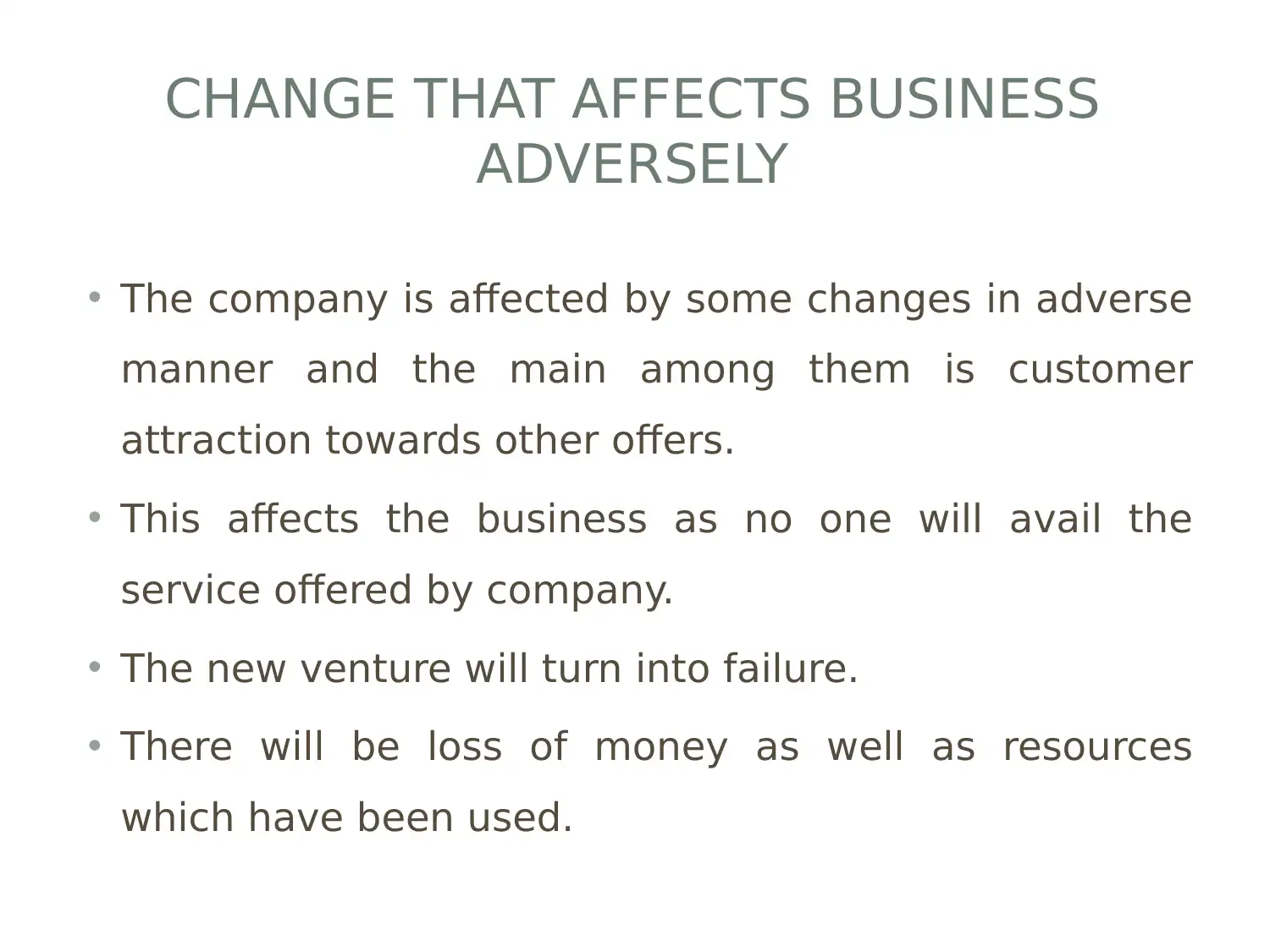
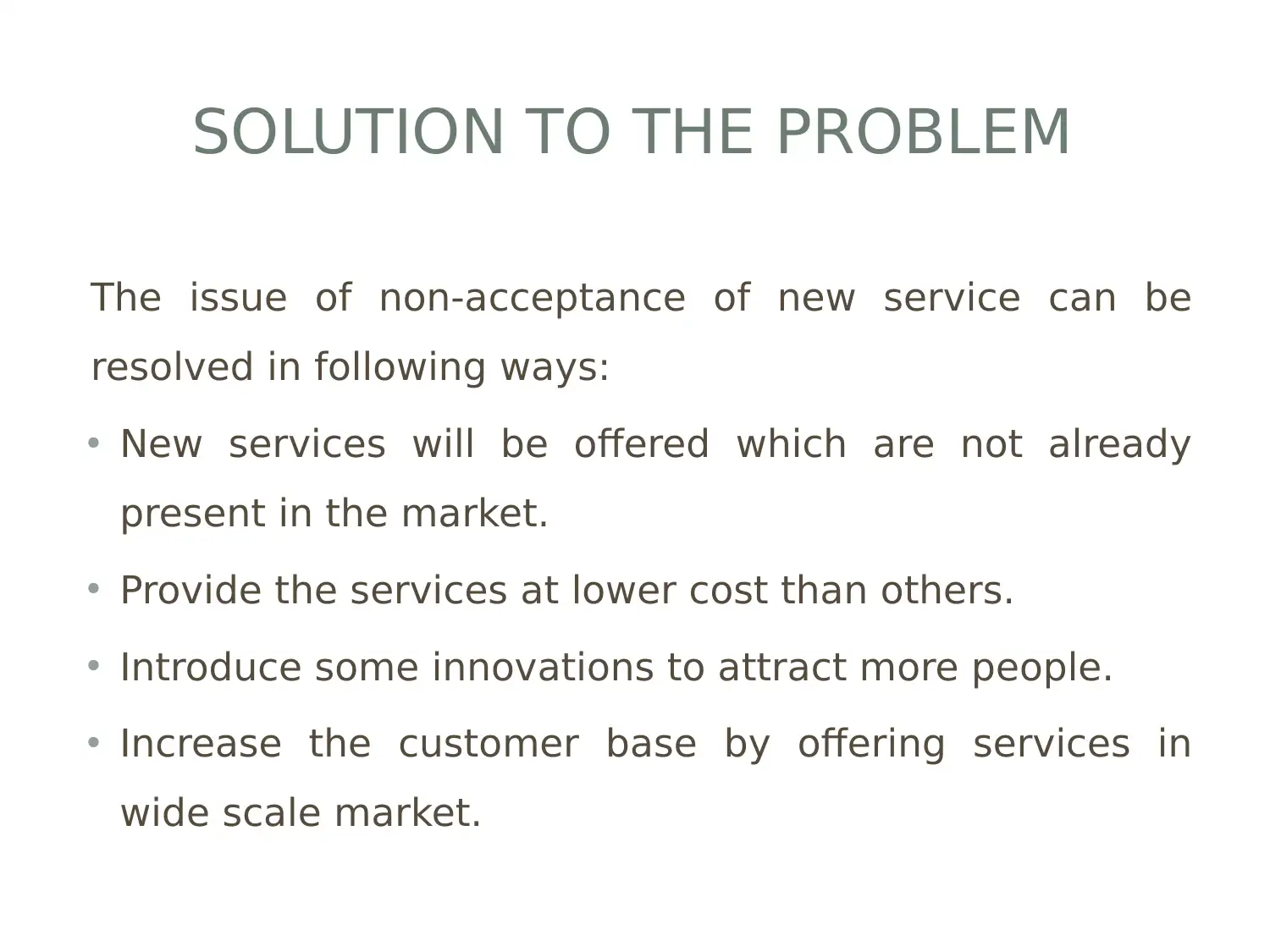
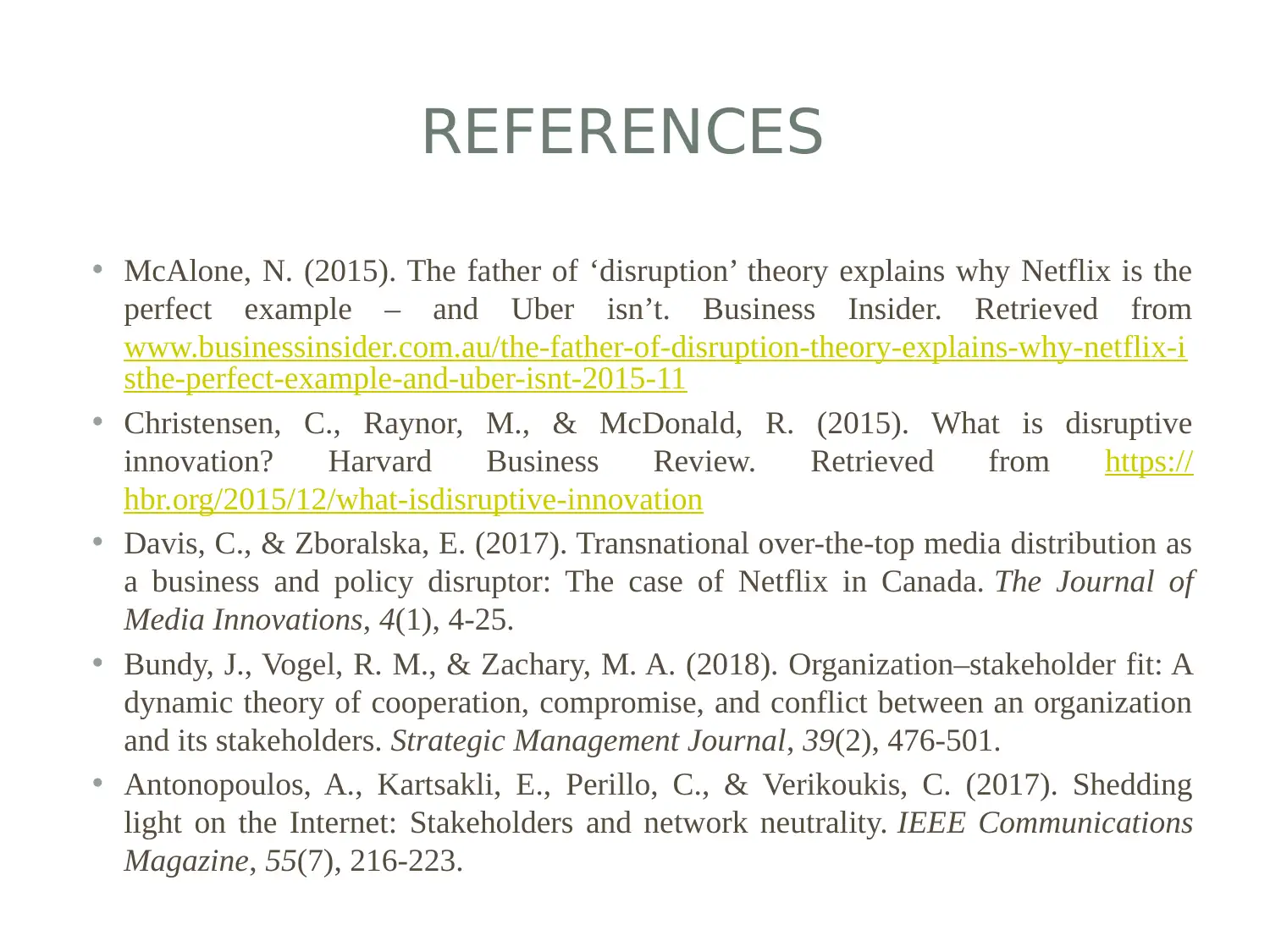






![[object Object]](/_next/static/media/star-bottom.7253800d.svg)